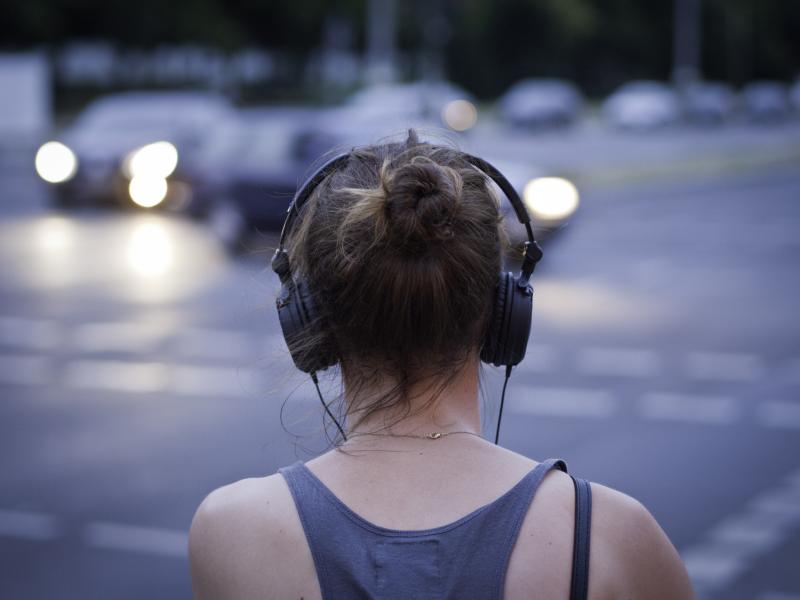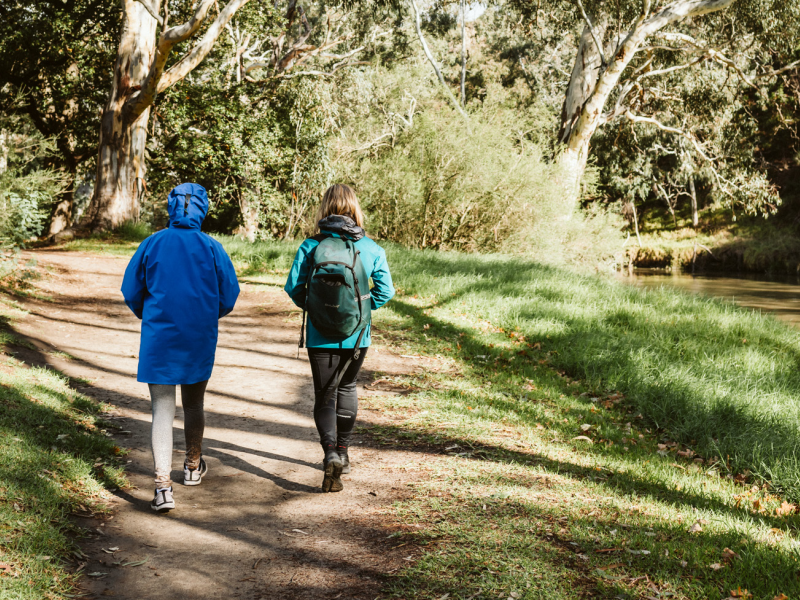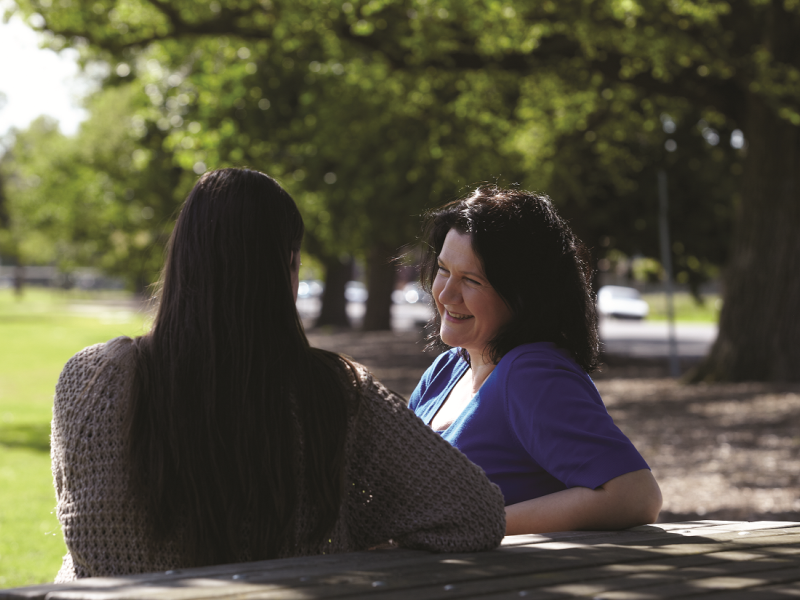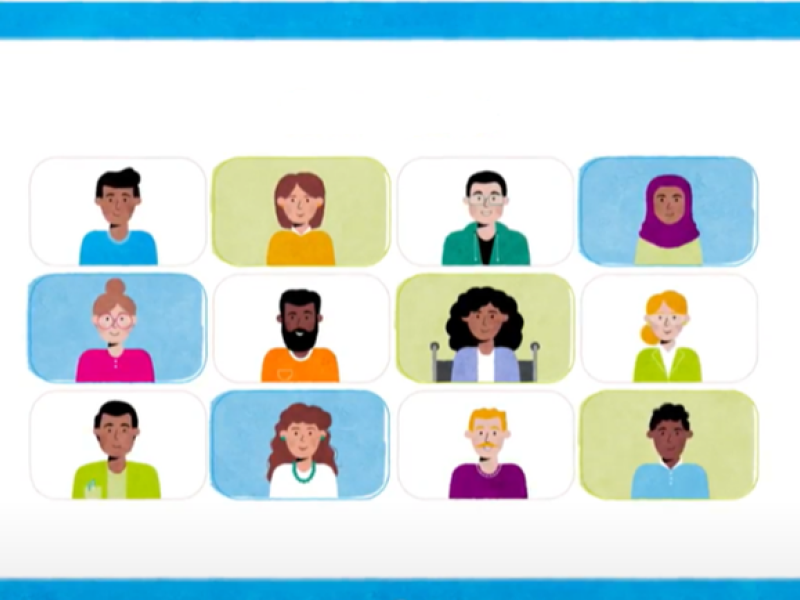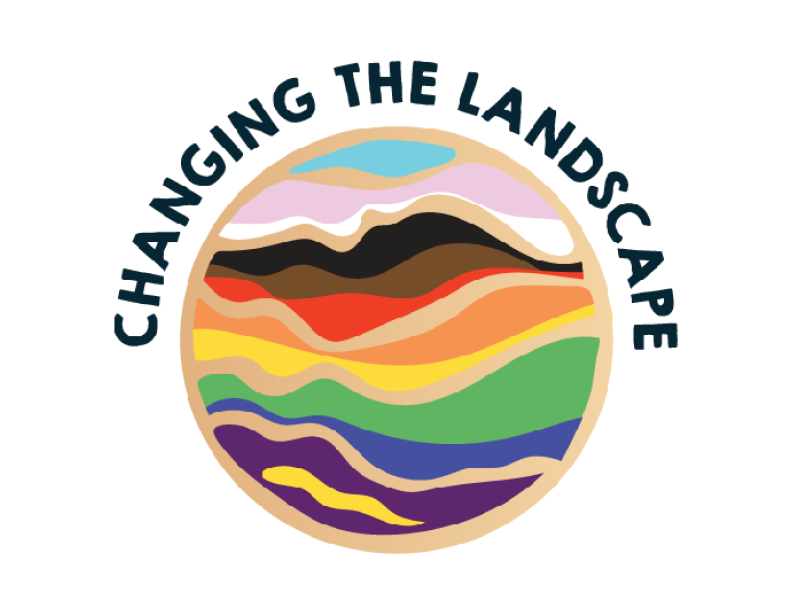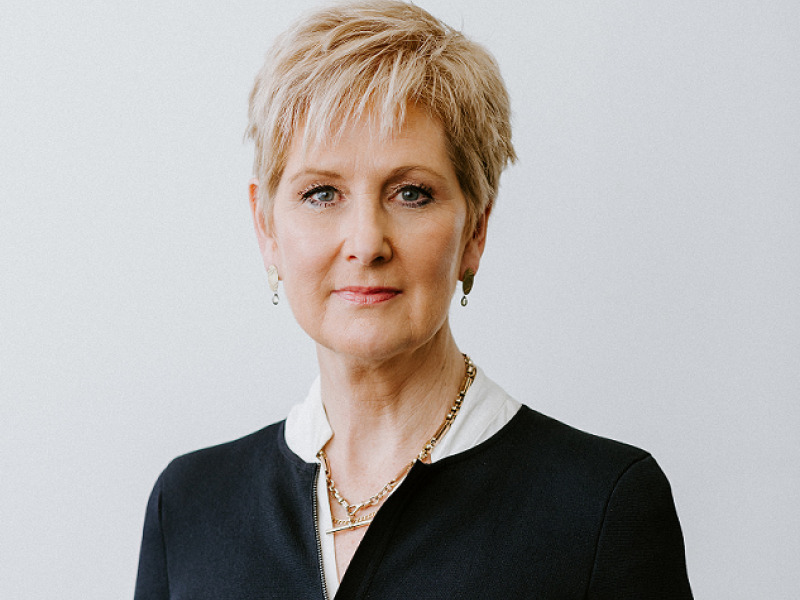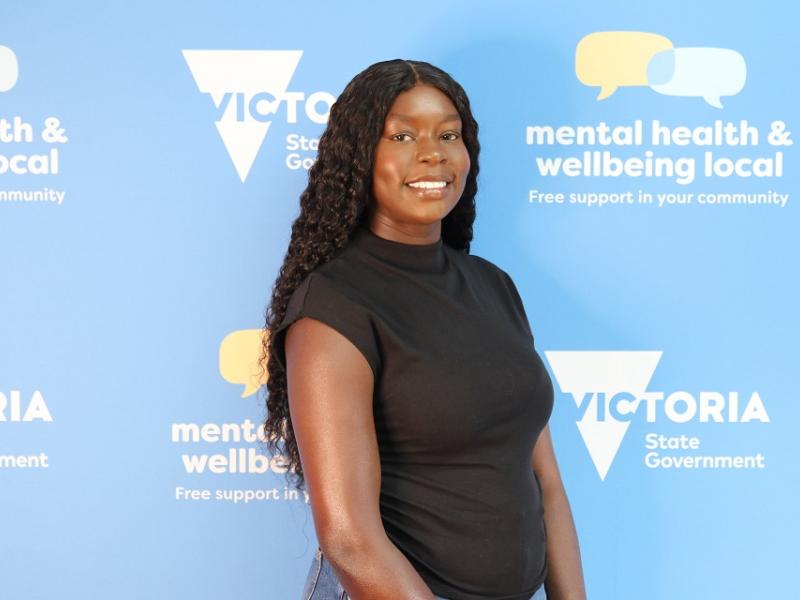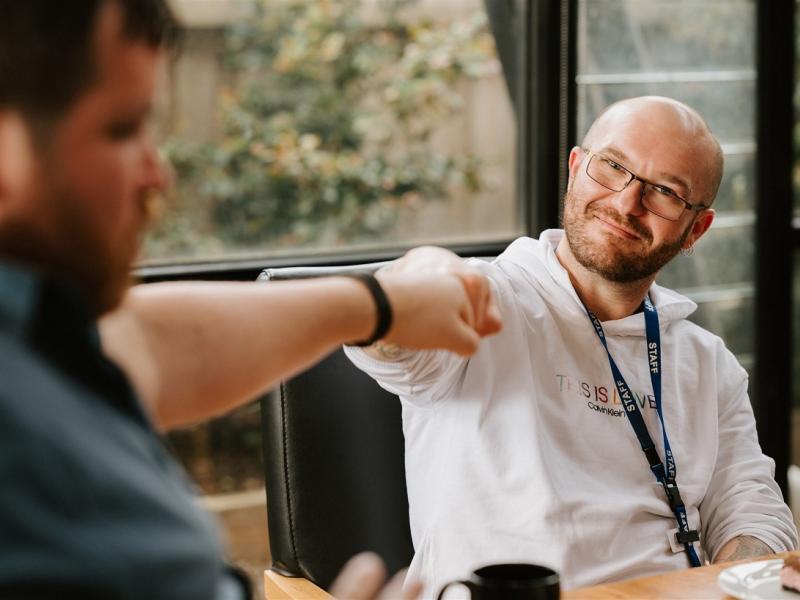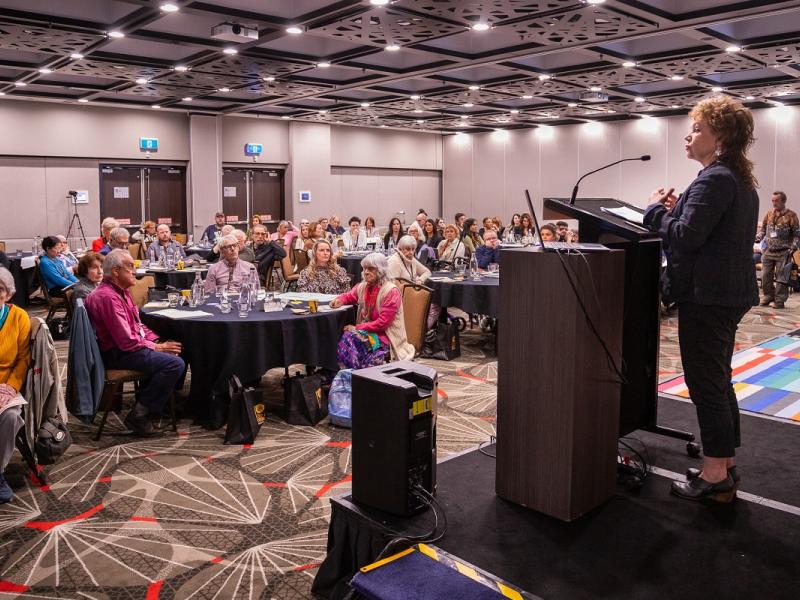Cloé had a profound experience of self-recognition in 2017 when she saw a video about Lana Wachowski, one of the directors of the Matrix, who transitioned in 2012.
“I realised that that was who I am too. I immediately threw out all of my male clothing and began my transition. I made a promise to myself to do everything I would normally do and that I wouldn’t hide away from the world. I would try this for 12 months and see if this is how I wanted to live - and after 12 months, I just kept going,” she said.
Then in her mid-forties, Cloé was living in Queensland. She said the early optimism of her new journey was followed by a heartbreaking discovery.
“When I first decided to transition there was the joy and hope of finally being who you are and getting your life on track. You see people on social media doing it and you get hope. Then I came to the realisation that I can’t get gender affirming surgery.”
Cloé tried many avenues but couldn’t access affordable gender affirmation surgery. She moved to Melbourne in 2023, after frustration with her efforts to get what she regards as the essential component of her transition. After seeking support from doctors and psychologists, Cloé became an advocate.
“I advocated for myself, I reached out to politicians, medical providers, mental health ministers, health ministers. I went through all the right pathways but I was pretty much told that if I want it I can pay for it myself,” she said.
“I am a 52 year old woman who lives in a share house – I can’t afford gender affirming surgery. I think most transgender people can’t. People are forced to go overseas where the places are not up to the same standards. I have known people who have died on the operating table.”
Cloé is clear on the impact of not being able to complete her transition on her mental health.
“The suicidal ideation and severe depression came from there. I am a survivor. I have nearly taken my life a number of times.”
Cloé was referred to Mind Australia’s LGBTIQA+ Aftercare service after five years of unsuccessful engagements with other support agencies that she found alienating and re-traumatising.
“I’ve gone to a number of services for support with suicidality and depression. Aftercare is the only place I’ve been to where I can talk to therapists who are trans or non-binary healthcare workers,” she said.
“The difference with Aftercare is that the practitioners understand the systemic oppression of trans people, whereas the psychologists I’ve spoken to, they don’t get it. Seeing a peer worker at Aftercare I found people that didn’t feel like the enemy, they had been through what I had, they understood, they didn’t try to minimise my transness.”
Cloe said even the best support service is not the whole answer for her - only gender reassignment surgery is – but, with that important proviso, Mind’s LGBTIQA+ Aftercare service has helped her through an extremely difficult and life-challenging time.
“Aftercare took me from a dark and hopeless place and brought me up a few significant notches. It made a real difference and impact and it kept me alive.”
LGBTIQA+ Aftercare is funded until the end of June 2025.
Mind’s LGBTIQA+ Aftercare service is currently not taking new referrals. If this story raises concerns for you please see the Aftercare service listing for alternative support options.
If this article raises concerns for you, please call Lifeline on 13 11 14. Aboriginal and Torres Straits Islanders can also call 13 YARN (13 92 76) a 24/7 national crisis support telephone service staffed by Aboriginal and Torres Strait Islander peoples.
If you would like more information, please contact us.
1300 286 463
[email protected]
